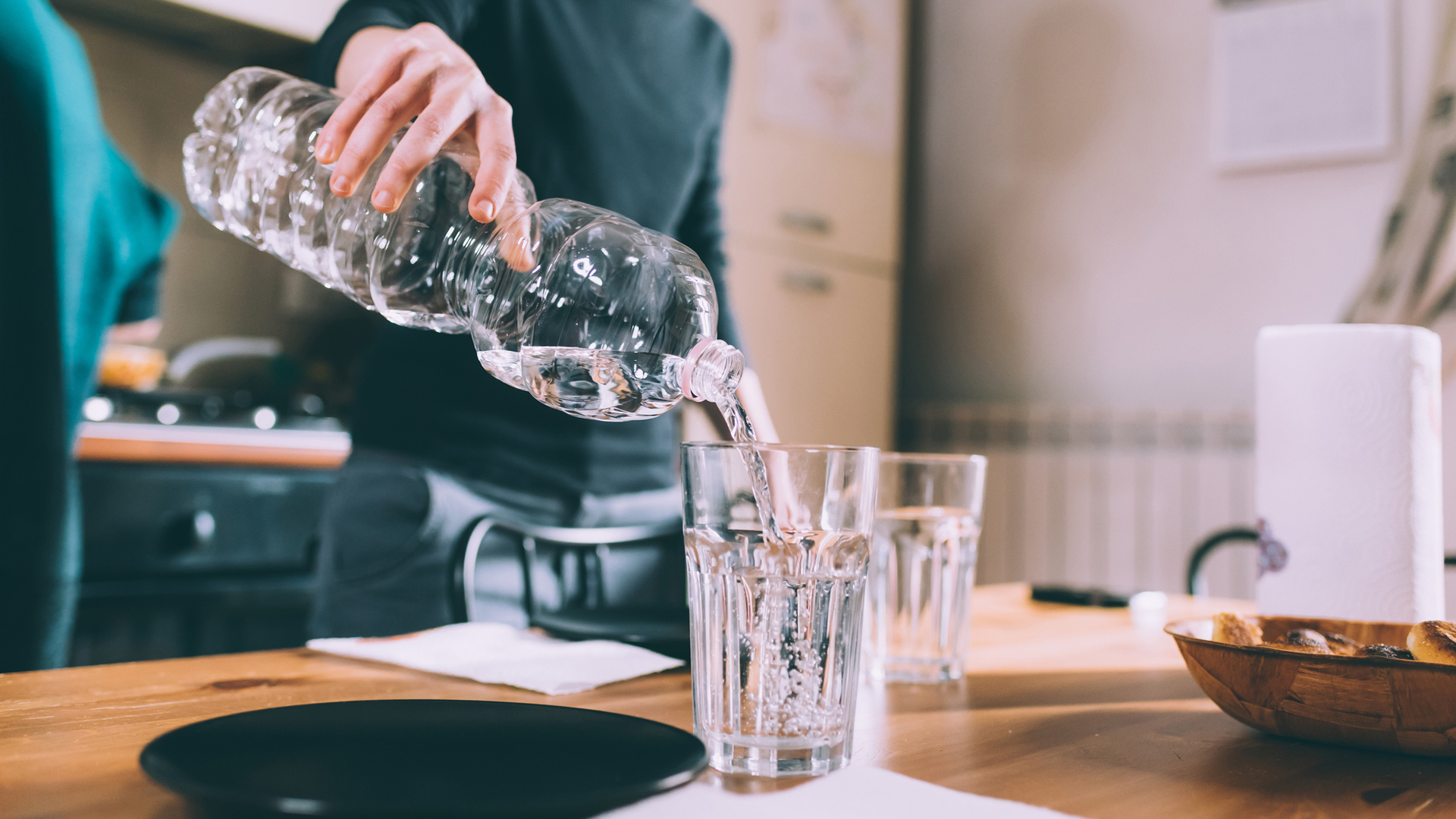
How much water should you drink a day? The answer may seem obvious. Most of us are familiar with guidelines stating that we should be drinking between two and three liters of water a day. At a glance, it makes sense that we need that much: humans can’t survive without it for more than three days. But if you start working out the numbers it gets questionable.
To meet the recommended intake, we would have to drink nine cups of water every day. Though it may be achievable, particularly during a long, sweaty workout or a hot summer day, ultimately it’s a challenging task. Not to mention that the vast majority of the population on our planet survive with much lower water consumption.
So how much should we drink? And what are the benefits of drinking water? Here, we’ll look closely into the science of hydration to answer these important questions.
If you decide it’s time to step up your fitness nutrition game, check our guide to the best water bottles for the gym to help you to power up your workouts.
Why is drinking water important?
Body fluid balance
Human bodies are made up of approximately 60% water, so maintaining a healthy body fluid balance is essential to almost all of our living functions. Water is the primary component of blood, which provides our bodies with oxygen and vital nutrients. If we don’t get enough liquids, our blood can get thicker and that can cause our blood pressure to rise to dangerous levels.
Water is also one of the main parts of saliva and mucus. If there isn’t enough water in our system, we may struggle with swallowing food and digestion. Cartilage in joints and the spinal disks contain nearly 80% water, so dehydration can reduce the joints’ ability to absorb shocks in the body. When the skeletal system is not lubricated properly, the risk of developing joint pain or joint injury goes up. Lastly, water may hydrate your skin and enhance its natural beauty by plumping it up and reducing the appearance of fine wrinkles.
Regulates body temperature
Water is essential for regulating your body temperature as it can act as a heat reservoir. That’s why when you engage in strenuous exercise that generates a lot of warmth, your skin’s surface starts to sweat. When sweat evaporates, it cools your body down, which in turn prevents your vital organs from dangerous levels of overheating.
Start your week with achievable workout ideas, health tips and wellbeing advice in your inbox.
Scientists from the International Journal of Sports Medicine have demonstrated that dehydration can disrupt that process and reduce your ability to tolerate even a minor heat strain. At the same time, drinking too much water may be equally dangerous for athletes. Some endurance runners have been known to collapse, and even die, from excessive water consumption during strenuous competitions.
Brain function
According to the British Journal of Nutrition, your hydration level will have a significant impact on your brain. Even a small loss of body water can trigger changes in how it functions. Dehydration has been known to trigger headaches and migraines in sensitive individuals, according to the journal Nutrients. What’s more, multiple studies have shown that water consumption can have a positive influence on our cognitive abilities and mood states.
Digestive health
Water is essential for all of our digestive processes to work faultlessly. It dissolves nutrients and makes it possible for them to reach every part of the body. It then plays an active part in removing the waste through urine and feces. Many studies have shown that dehydration can lead to bowel problems and constipation, as well as heartburn and stomach ulcers.
Sports performance
To a notable extent, your sports performance will be affected by your hydration levels, particularly if the exercise is intense or it is done in high temperatures. Athletes during competitions can lose a significant fraction of their body weight in sweat if they don’t hydrate properly, as revealed in the International Journal of Sport Nutrition and Exercise Metabolism. As a result, they may experience issues with their body temperature control, energy levels and motivation to perform.
Weight loss
Does drinking water help you lose weight? While water itself is not a magic solution to excessive pounds, increasing your intake can help you feel fuller – as highlighted in the journal Obesity – and cut down on sugary beverages. There’s also evidence from the American Journal of Clinical Nutrition that maintaining good hydration can promote weight loss by slightly increasing the number of calories your body burns on a daily basis. However, more research is needed.
How much water should you drink a day?
The official guidelines state that we should be drinking two to three liters daily – but are they correct?
"We often hear that we should drink at least two liters of water, or eight glasses of water, a day,” says Caroline Hind, a nutritional therapist for Vitaminology. “The truth is that our need for fluids is individual and there is no evidence that two liters should be a blanket recommendation.”
Instead of blindly trying to hit the recommended daily intake, Hind advises listening to your body’s needs and responding accordingly. She also points out that many food items and liquids can cover some of your daily water needs.

Sarah Carolides, a nutritionist and the head of nutrition at Zooki, agrees. “I ask women to aim for three liters a day and men to aim for four liters,” she says. “There are some more detailed calculations, such as 50 ml of water for every kilogram of body weight. These are both more than the usual two liters, but you need to remember that herb teas, juices, soups and water from certain fruits and vegetables count as well.”
Our daily water needs may change in response to a host of factors, including our level of physical activity, health status, air temperature, air humidity, pregnancy or certain medical treatments.
“At times of hot weather or sporting activity, we often recognise our need to drink more water to replace fluids lost from the body in sweat,” says Hind. “However, there are other circumstances where we need to pay extra attention to our water intake. For example, dry climates in some parts of the world and the drying effect of airplane cabins can increase our need for water intake.
“It is also important to make sure you are drinking enough when you are fighting off a cold, flu or other infection. Water may be lost from the body through sweating with a fever or via a runny nose or eyes. Moreover, as we age, the thirst signal can get blunted. While there is no need for higher water intake, there is a need to make sure that older people drink enough water.”
While there isn’t a one-size-fits-all answer to the hydration issue, there are ways to tell whether you’re on the brink of dehydration and need to step up your efforts.
“Ideally, you can judge how much water you need by the color of your urine. Any darker than a light straw color and you need to fill up that water bottle,” says Carolides.
Our guide on easy ways to drink more water has even more useful tips.
Does tea and coffee count as water?
Coffee and tea are well known for their diuretic properties and you may wonder whether it makes sense to include these beverages in your daily water tally. While a cup of your morning brew may not feel as hydrating as a glass of water, it can still count toward your daily liquid intake.
“There has been concern that caffeine leads to a loss of water from the body, but research has not supported this theory,” says Hind. “Enjoy your tea and coffee, but be aware that caffeine can be over-stimulating for the body’s adrenal system, interfering with sleep quality and your stress response. Include some plain water or non-caffeinated warm drinks, such as herbal or fruit teas in your day.”

Anna Gora is a Health Writer for Future Plc, working across Coach, Fit&Well, LiveScience, T3, TechRadar and Tom's Guide. She is a certified personal trainer, nutritionist and health coach with nearly 10 years of professional experience. Anna holds a BSc degree in Nutrition from the Warsaw University of Life Sciences, a Master’s degree in Nutrition, Physical Activity & Public Health from the University of Bristol, as well as various health coaching certificates. She is passionate about empowering people to live a healthy lifestyle and promoting the benefits of a plant-based diet.
-
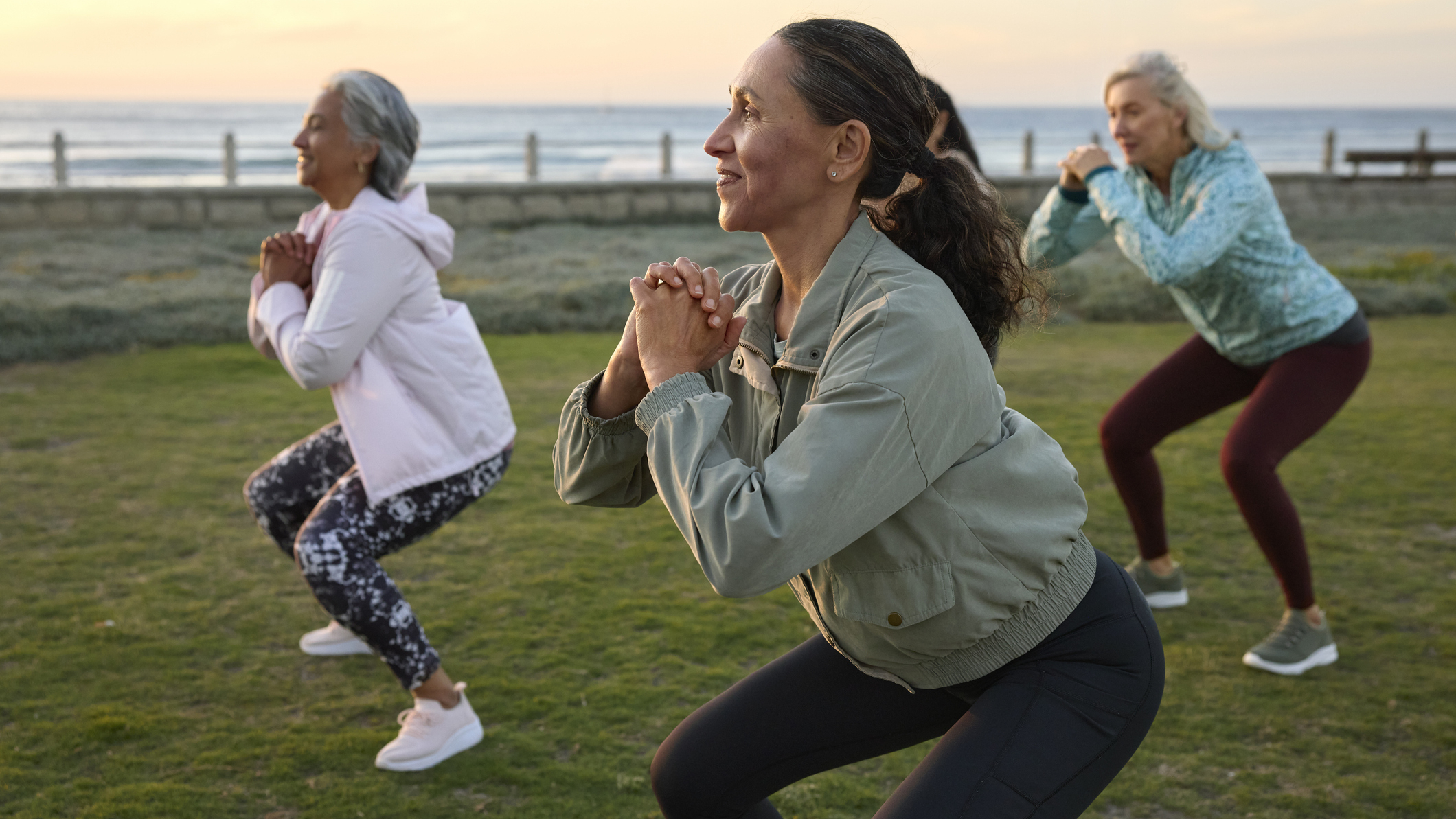 Walking injuries are common, but an exercise physiologist says you can avoid them by warming up with these two exercises
Walking injuries are common, but an exercise physiologist says you can avoid them by warming up with these two exercisesAn exercise physiologist wishes everyone would do these exercises
-
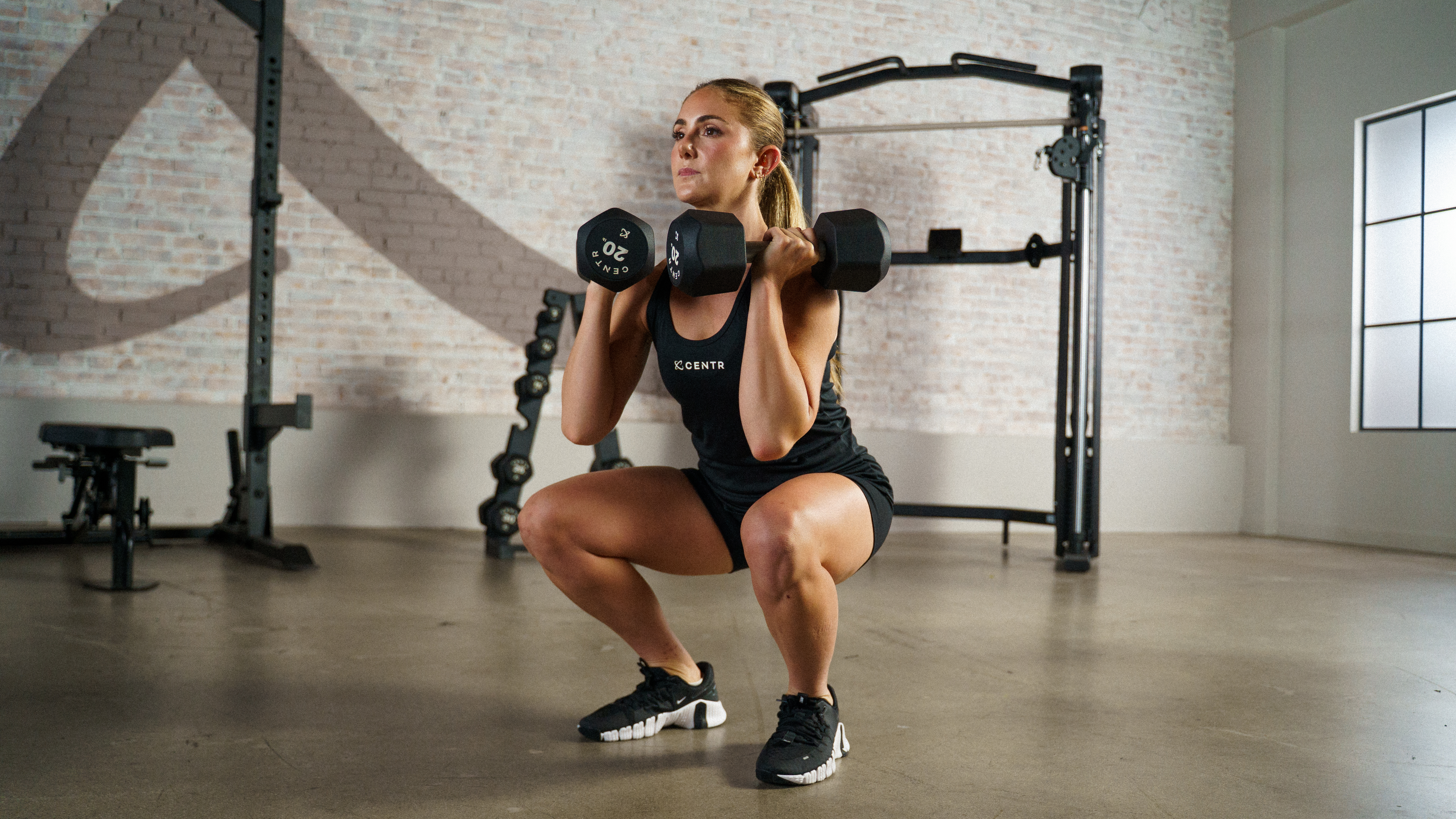 A certified strength trainer dispels the most common myth she hears from women reluctant to start strength training
A certified strength trainer dispels the most common myth she hears from women reluctant to start strength trainingSwerve this common misconception to embrace strength training in 2026
-
 Best vitamin D supplements
Best vitamin D supplementsBUYING GUIDE Take one of the best vitamin D supplements to give your mood a helping hand this winter
-
 Six high fiber foods you should be eating
Six high fiber foods you should be eatingEnjoy these high fiber foods for better digestion and a healthier heart
-
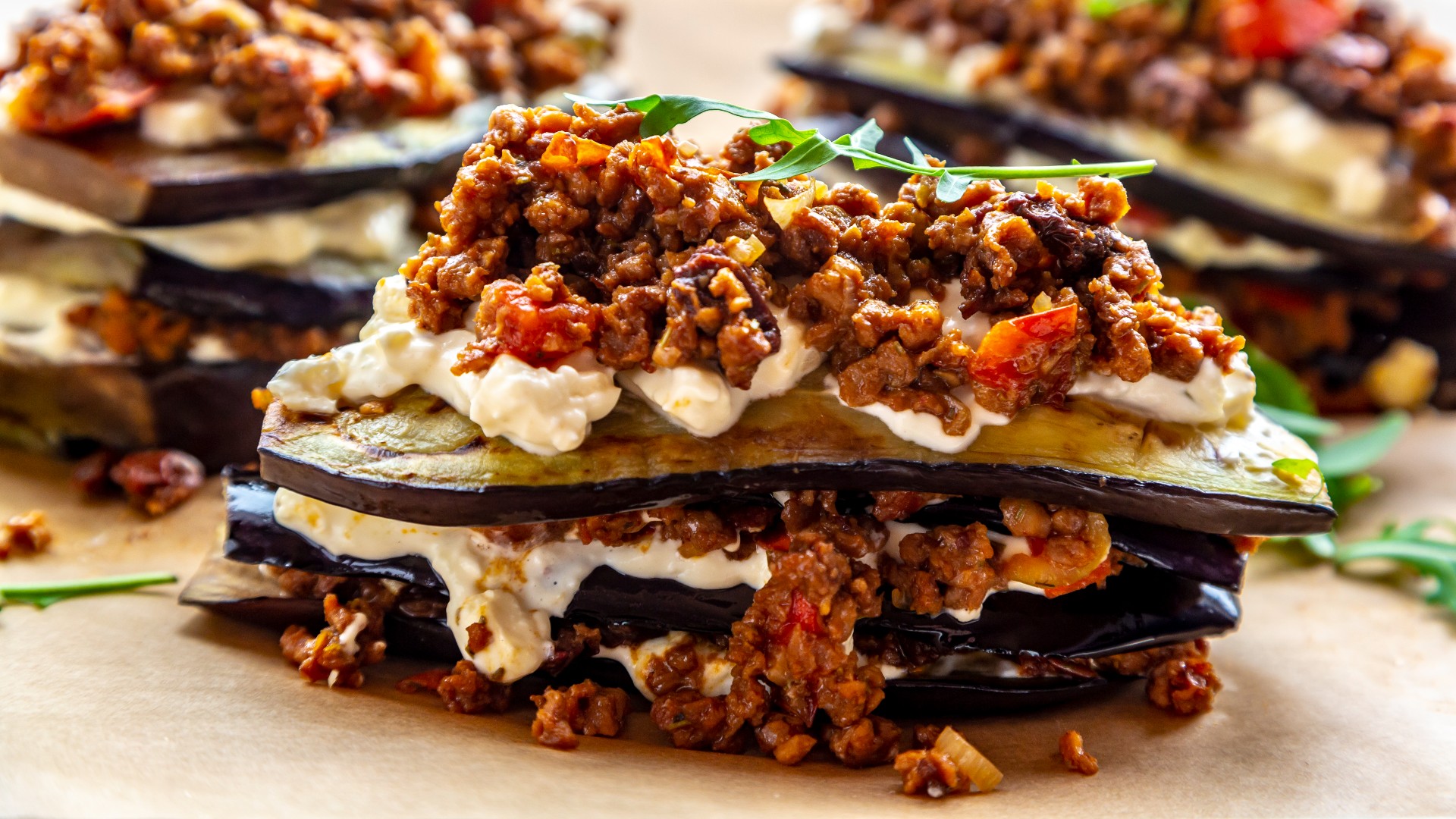 Easy low carb diet plan to help you eat well
Easy low carb diet plan to help you eat wellNutrition Looking for a low carb diet plan? We asked a dietician to share everything you need to know
-
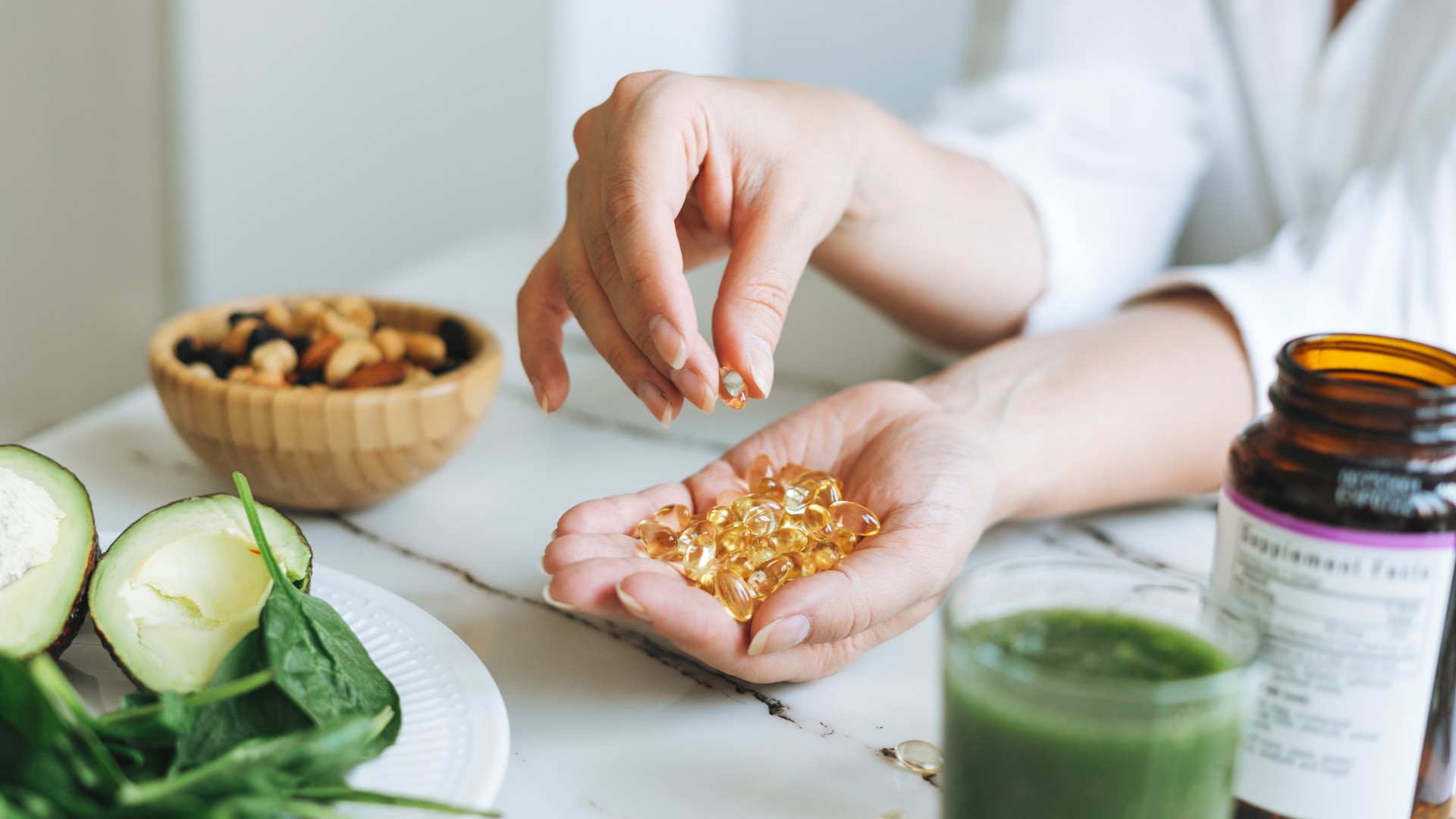 Do multivitamins work? Here’s what a nutritionist has to say
Do multivitamins work? Here’s what a nutritionist has to sayDo multivitamins work or is it better to take individual supplements? We find out which option is better and whether you need to supplement your diet at all
-
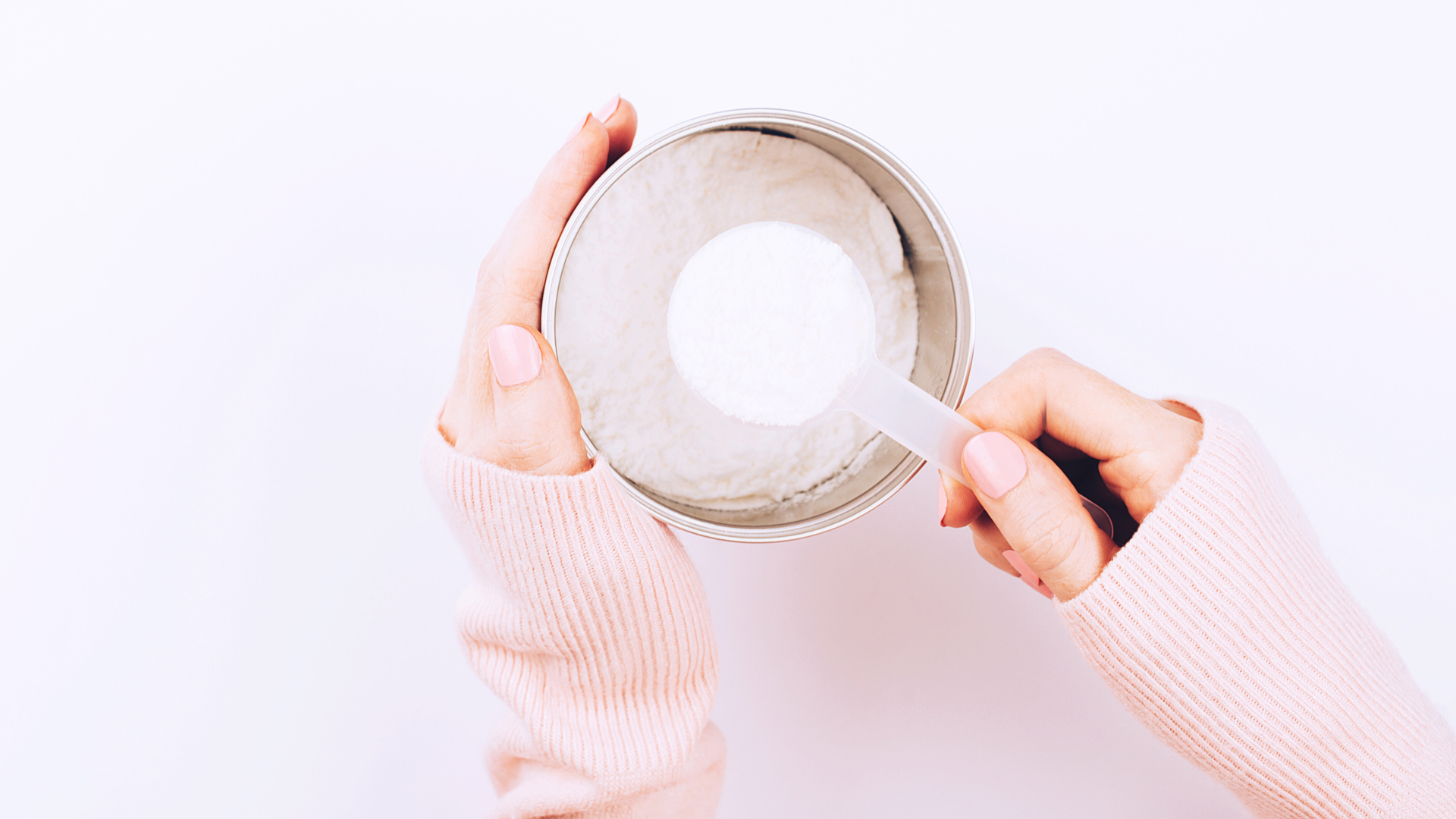 Collagen vs whey protein: what’s the difference?
Collagen vs whey protein: what’s the difference?Protein supplements are incredibly popular, but which type is best for your health? A dietician weighs up the pros and cons of collagen vs whey protein
-
 Foods for energy: what to eat to combat tiredness and fatigue
Foods for energy: what to eat to combat tiredness and fatigueFeeling tired? You may think that the only way to revive yourself is by going back to bed, but these foods for energy could help you feel full of life
-
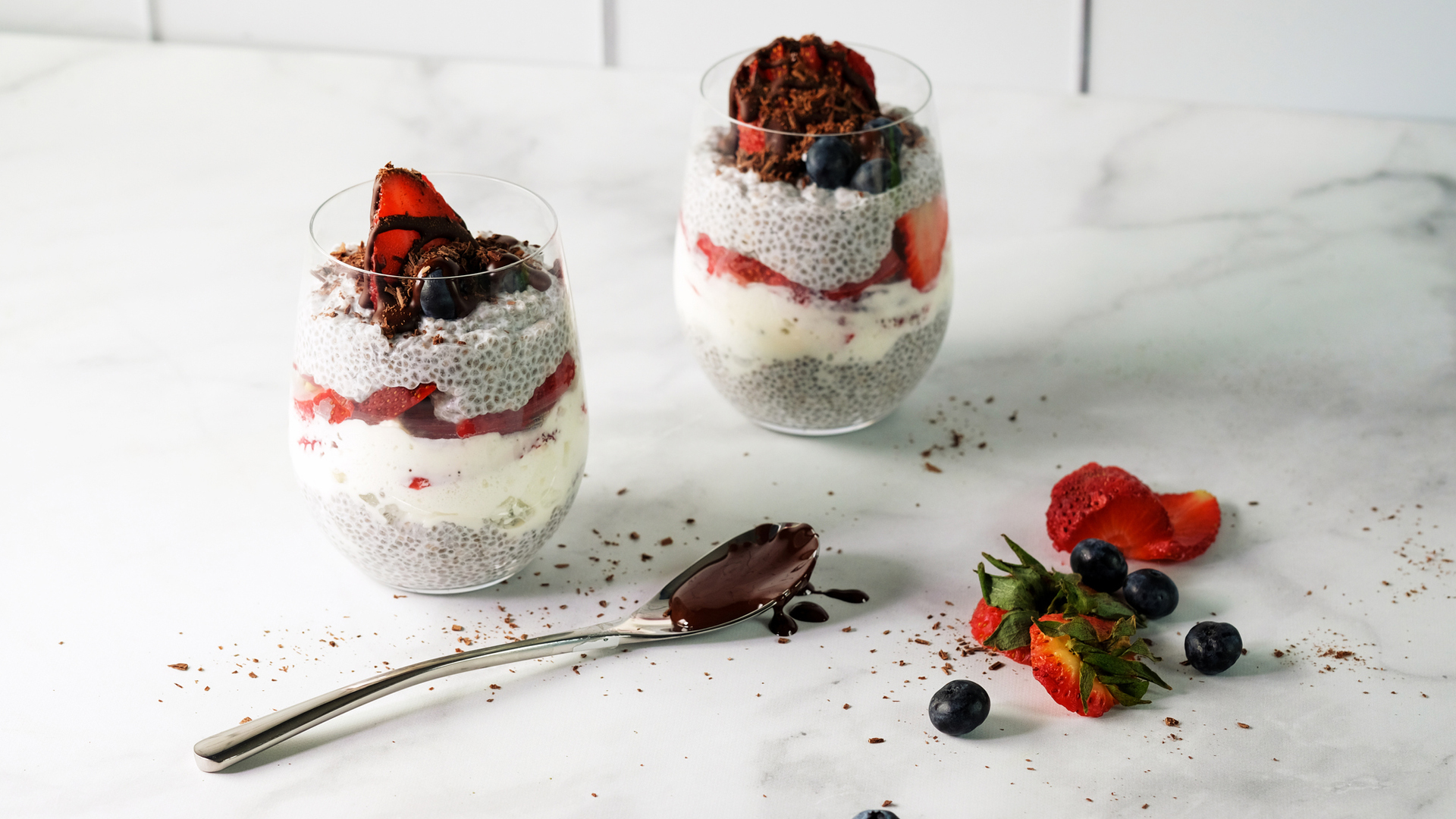 11 high protein desserts to satisfy your sweet tooth
11 high protein desserts to satisfy your sweet toothThese tasty high protein desserts will help to fill you up and build lean muscle
-
 Which vitamins help anxiety?
Which vitamins help anxiety?Wondering which vitamins help anxiety? Here's everything you need to know
